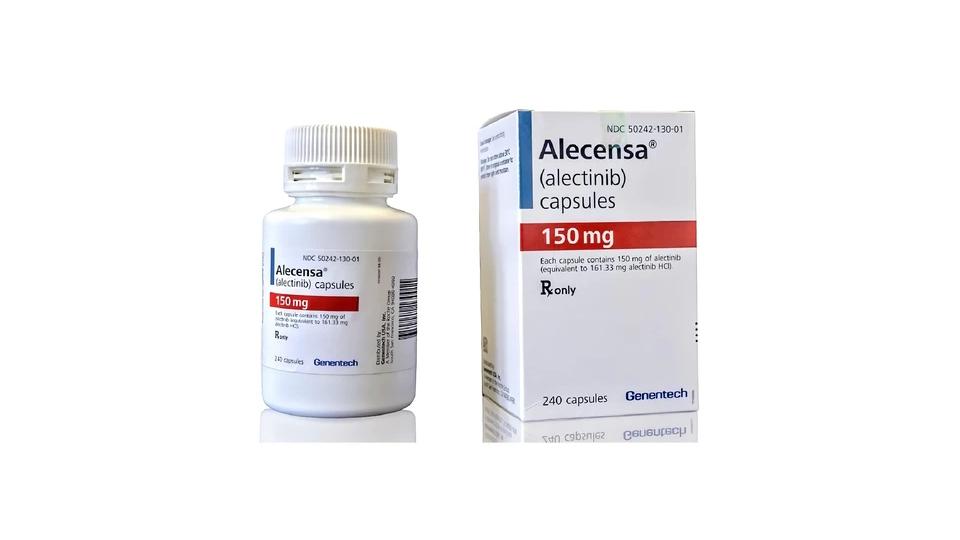Roche seeks early-stage lung cancer use for Alecensa

Roche plans to file its Alecensa drug for use in early-stage ALK-positive non-small cell lung cancer (NSCLC), potentially making it the first targeted therapy for these patients.
The decision comes on the back of the phase 3 ALINA study, which showed that ALK inhibitor Alecensa (alectinib) achieved a "clinically meaningful" improvement in disease-free survival (DFS) in patients with this type of cancer – a first for drugs in this therapeutic category – according to Roche.
"If approved, Alecensa has the potential to treat cancer before it has spread, in a setting where treatment can increase the chances of cure," said Levi Garraway, Roche's chief medical officer. Patients in the study had stage IB to IIIA tumours that were removed with surgery.
About half of people with NSCLC experience disease recurrence following surgery, despite adjuvant chemotherapy, and new treatments are needed to provide the best chance for cure, according to Roche. The patients in ALINA are continuing to be followed to see if the DFS improvement translates to an increase in overall survival, a secondary endpoint.
Alecensa is already approved by the FDA as a first-line therapy for patients with advanced, metastatic ALK-positive NSCLC, and Roche will now submit the ALINA data to regulators in the US, Europe, and elsewhere to try to extend its uses into the early-stage setting.
Around 5% of all NSCLC cases carry ALK mutations, and at the moment patients with advanced disease have multiple treatment options, including Alecensa, Takeda's Alunbrig (brigatinib), and Novartis' Zykadia (ceritinib), as well as Pfizer's older therapy Xalkori (crizotinib) and follow-up Lorbrena (lorlatinib).
Extending Alecensa's label to include early-stage disease would give Roche a niche free of competition from its rivals, and at the moment there is no indication that any of the other companies are testing their ALK inhibitors in early-stage patients.
ALK-positive NSCLC is often found in younger people who have a light or non-smoking history, and around half of all people with early-stage disease still experience a cancer recurrence following surgery, despite adjuvant chemotherapy.
ALINA compared Alecensa to platinum-based chemo in this post-surgery setting, but did not examine the potential benefits of using the two treatments alongside each other.
In the first half of the year, Alecensa made CHF 758 million ($$857 million) in revenues, a rise of 10%, with Roche claiming leadership in all markets for the drug in advanced ALK-positive NSCLC.













